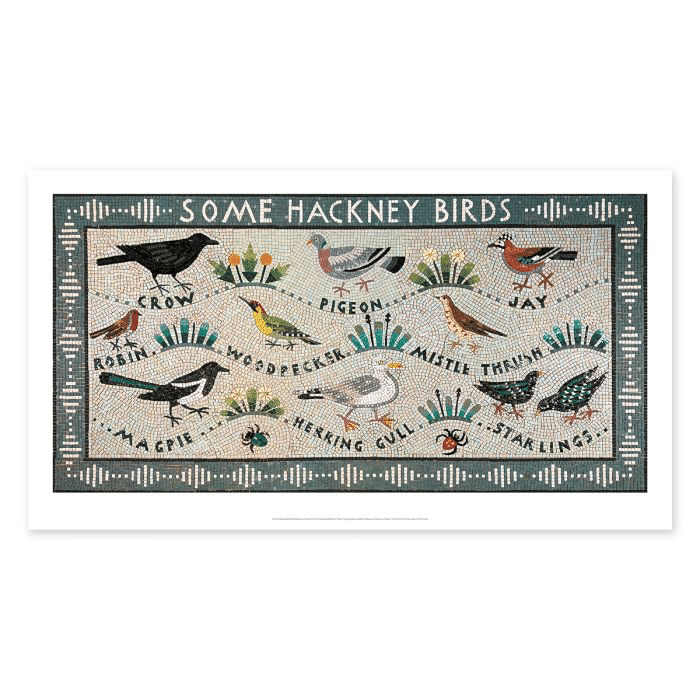The critically acclaimed painter Frank Auerbach died this month at the age of 93. The art world has rushed to pay tributes to the life of the artist who arrived in Britain on the Kindertransport at the start of the Second World War. He has been described as one of the great postwar figurative painters alongside Lucian Freud and Francis Bacon.
Traumatic beginnings
Auerbach was born in Berlin in April 1931, but was sent to England at the age of eight by his Jewish parents, who were concerned about the rise of Hitler to power. Tragically, both his parents died in 1943 after being transported to Auschwitz. It is difficult to say how much this traumatic beginning to life influenced his work as an artist.
The Times reports that he said of the horrific event: “I’ve never made any attempt to find out any more about them since they were killed in the war. I’ve simply moved on. Life is simply too short — in my case — to brood over the past.” However, his raw and emotive paintings tell a different story.
When the young Auerbach arrived in the UK, he enrolled at a liberal boarding school in Kent, and never saw his parents again. His boarding school education left him with a love for art, but unprepared for either further education or a career. As a result, after leaving school he drifted into a job in theatre set design at the Unity theatre in London.
A meeting of minds
In 1948, Auerbach was accepted onto a course at the prestigious St Martin’s School of Art, but was impatient to begin his art education and didn’t want to wait until September. He enrolled at the Borough Road Polytechnic to fill the months before his course started. Here he met Bomberg, a tutor who would become his most influential mentor.
Bomberg had a radical approach to art and encouraged his students to take the same attitude: bold responses working from life, without reverence to the past or the latest fashions and trends in the art world. However, his approach was clearly influenced by the German expressionists and Modernists such as Picasso.
The Guardian reports that Auerbach said of his education: “I had a very limited art education, but I knew what artists were. Artists were people who failed exams, got thrown out of art school, and were not subservient to their teachers.” However, he went on to study successfully at St Martin’s and later the Royal College of Art.
A unique artistic presence
Although Auerbach is described as a figurative painter, he is less concerned with capturing a likeness of his subjects as recreating their essence on canvas. His works are often best viewed ‘in the flesh’, as the multiple layers of paint and texture create an almost three dimensional quality.
His early scenes of London reveal the raw and bleak destruction of the Blitz, and later his paintings depicted the rebuilding sites with a sombre and unsettling atmosphere, at odds with the brave new world.
His portraits of humans are similarly shadowed and brooding, created with thick rough brushstrokes with no attempt at realism or flattery. Despite the darkness, Auerbach also conveys his love and fascination for his subjects, whether landscapes or people.
A lasting legacy
Although Aurbach had close friends, including his contemporaries Francis Bacon and Lucian Freud, he eschewed the excessive lifestyles and celebrity that was courted by some artists of his generation. He lived quietly in London with a small social circle including long-time muse Estella Olive West, whom he painted throughout his career.
His achievements were formally recognized when he was awarded the Golden Lion at the Venice Biennale in 1986, and his work has been exhibited around the world. Major retrospectives have been held at the Tate Britain in 2015 and the Royal Academy of Arts in 2014.
Auerbach continued to paint prolifically throughout his 80s and into his 90s; flowing with a powerful life force that will surely resonate with viewers for many decades to come.
If you are inspired to explore Auerbach’s artistic legacy, and maybe even have a print to display, please visit our framing shop in east London and we will be happy to help.
